Nigeria’s total public debt stock as of September 2020, increased by over N6 trillion in just one year to N32.2 trillion. This is according to the Nigerian Domestic and Foreign Debt report, recently released by the National Bureau of Statistics (NBS).
Key Highlights for Nigeria’s Public Debt 2020
- Total external debts for the period ended September 2020 is $31.9 billion compared to $31.4 billion as of June 2020.
- Total Domestic debt rose to N20 trillion as of September 2020 compared to N19.6 trillion as of June 2020.
- Nigeria now has an estimated combined total public debt (domestic and foreign) of N32.2 trillion
- This represents an additional N6.01 trillion when compared to N26.21 trillion recorded as of the corresponding period of 2019.
- Nigeria expects to borrow more in 2021.
READ: Nigeria total public debt hits N31 trillion as debt service gulp over N1.2 trillion in H1 2020
The breakdown shows that external debts accounted for 37.82% (N12.19 trillion) of the total debt stock, while domestic debts at N20.04 trillion represented 62.18% of the total.
Breakdown
- Further disaggregation of Nigeria’s foreign debt showed that $16.74bn of the debt was multilateral.
- Also, $502.38m was bilateral (AFD) and another $3.26bn bilateral from the Exim Bank of China, JICA, India, and
KFW while $11.17bn was commercial which are Eurobonds and Diaspora Bonds. - Total external debt grew by $5.04 billion (N3.9 trillion) within the period, indicating an increase of 18.72%.
- Total domestic debt on the other hand declined by $5.86 billion. However, it represents an increase in Naira value of N2.09 trillion, largely due to multiple devaluations of the currency during the period.
READ: Growing concern for Nigeria’s ballooning debt profile
A cursory look at the breakdown of the domestic debts show that 73.53% (N11.65 trillion) were in form of Federal Government bonds, 17.17% (N2.72 trillion) in Treasury bills, followed by Promissory Notes accounting for 6.13% (N971.9 billion) of the total federal government domestic debts.
Others include; FGN Sukuk (N362.6 billion), Treasury Bonds (N100.9 billion), Green bond (N25.7 billion), and Savings bond (N12.6 billion).
READ: Debt burden of the least developed nations rises to $744 billion – World Bank
More loans to be expected
On the 31st of December 2020, President Buhari signed the 2021 appropriation bill of N13.59 trillion into law, which 25.7% higher than the revised 2020 budget of N10.8 trillion. However, the budget comes with a deficit of N5.6 trillion, which is expected to be financed mainly through borrowings both externally and domestically.
READ: Global Economy to grow by 4% in 2021 – World Bank
According to the minister of Finance, Budget, and National Planning, Dr. Zainab Ahmed, in a budget presentation on Tuesday, N2.34 trillion will be sourced each from domestic and foreign sources respectively, N709.69 billion from Multilateral/bilateral loan drawdowns, and N205.15 billion from privatisation proceeds.
READ: Analysis: Nigeria needs an austerity diet
Recall that Nairametrics reported in December that, the World Bank finally approved a $1.5 billion loan request made by Nigeria as budget support in order to cushion the impact of the covid-19 pandemic on the country’s revenue.
It is also worth noting that the federal government will be tapping into funds in unclaimed funds and dormant accounts.

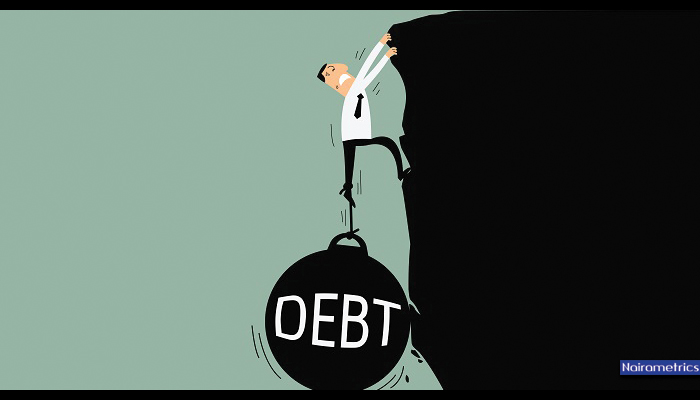




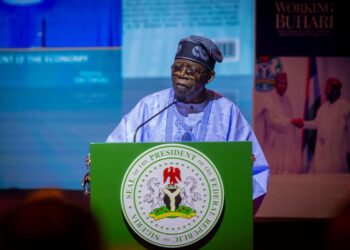
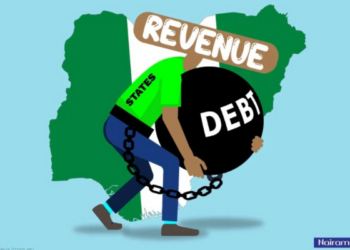
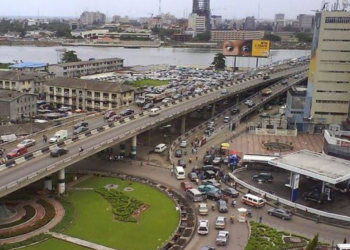
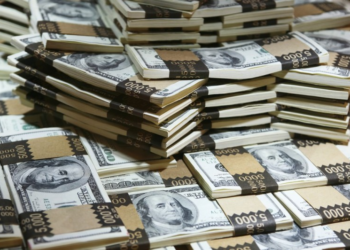
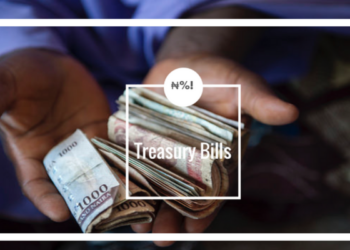












Only haven help us in nigeria,now we are being colonized again in nigeria,aided and helped by nairametre editorial staff and ugodre.for many months.mairametric website is being taken over by foreigner,especially by the america,they have told us not to come to their country,which i think,they are right,now they are flooding nigerian media company with their advertisement,now is nairametric have done any advertisement in any american media company ?.
Now we are being colonized mentally,the problem with nigerian economy is(1) weakness of structural systematic failure(2)weakness of the human spirit…i.e the human spirit, is not connecting and having insight and meeting the tools of production,and this is the main reason the CBN cannot cut bank rate,and this is, the another failure of various govt or cbn social lending is not delivering the happiness factor..i.e the happiness mood.
i think the govt will have the deep insight to sees what is the problem/or how to move forward by a process of eliminating or not to repeat this mistake all present and previous govt had made.on another angle the vice president should sees GEJ on what gej told mr Buhari,the two had 2 seperate close door meeting,and i knew what they discussed or sees OBJ,If obj saw mr Buhari,they both knew on what is the future of nigeria and africa
Protect your wealth, buy bitcoin.